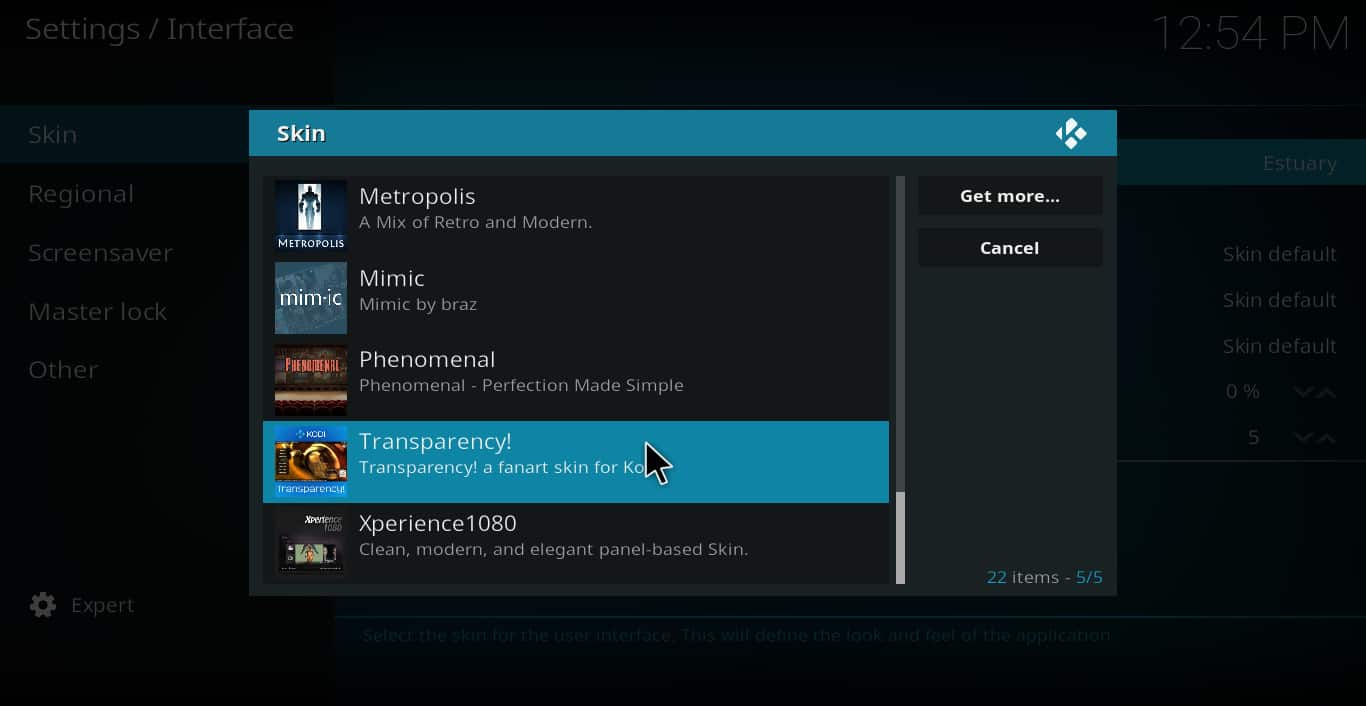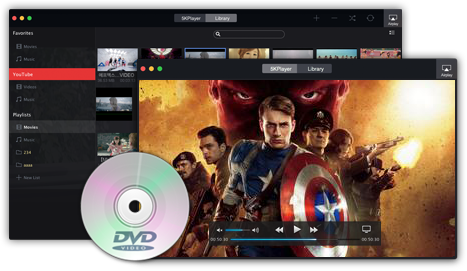
Certain services offered on the BBC website such as audio, video, animations and games require specific additional third party software (called 'plug-ins'). You may have such software already loaded onto your computer.
If you do not then, should you wish to use these BBC services, you will need to licence and download such software from a third party software company. We will direct you to the relevant pages of the software company website. The website will give a set of instructions that you will need to follow in order to download the plug-in. In particular you will be asked by the software company to agree to its terms and conditions of licence. Any such agreement is between you and the software company and the BBC does not accept any liability in relation either to the download or to the use of the plug-in.
How can the answer be improved? Customize Windows Media Player with easily installed skins, visualizations, and plug-ins for a new look and extra features. 
How to insert a calendar into powerpoint for mac. Paste the URL into the LiveSlides dialog and click 'Insert'. A placeholder image will now appear in your slide. Enter presentation mode to view the live web content. Find a calendar template for PowerPoint by selecting File > New and searching for calendar. You can also go to the Office template site where there are several calendar templates to choose from. The majority of the calendar templates are for Excel, but there are also PowerPoint calendar templates available.
The BBC does not use any plug-in that is not available FREE OF CHARGE. However most software companies will also offer versions of their plug-ins that require payment. We will always try to direct you to the free download pages of the software company site. You may of course choose to licence paid-for software from the third party.

However if you only want to download the free plug-in you should not be asked for, nor give, any credit card or other payment details. Finally, it is likely that you will be asked to enter personal details (name, address etc.) as part of the download process.
If you do enter such information then it will be held by the software company subject to the Data Protection Act and other relevant privacy legislation. The company should therefore inform you what it intends to do with your data, and may direct you to its Privacy Policy. Please note that you will be submitting the data to the third party software company and not to the BBC and so the use of the data will NOT be covered by the BBC Privacy Policy. Although the BBC uses third party plug-ins in order to provide the best possible web service, it does not endorse any third party software. If you choose to enter into an agreement with the third party and download the plug-in you do so at you own risk.
If you’ve had your ear to the ground you know that increasing numbers of Windows users are switching to the Mac. And with that switch comes a measure of confusion (and yes, I mean in areas other than “What do you mean my new computer isn’t subject to adware and spyware!?”). For the purposes of this Playlist entry, I’d like to focus specifically on media file compatibility—making files you had on your PC play on your Mac. Sure as shootin’, when a friend or relative hops the fence to the greener grass that is the Mac, I get a message along these lines: Help! I’ve managed to move my beloved movie files from my PC to the new Mac you talked me into, but none of the movies will play.
Or they’ll play but show only a white screen. I’m switching back to a PC if you don’t help me right now! And my reply is this: You’re almost certainly trying to play Windows media files. Those files aren’t natively supported by QuickTime, but you can force QuickTime (and any Mac media applications that use QuickTime’s technology, which is just about all of them) to play them by downloading and installing the free.
Do this and you should be good to go. If the files still won’t play, beetle across the Web and grab a copy of the just-as-free. With Perian installed QuickTime (and its related applications) can play AVI, DIVX, FLV, MKV, GVI, VP6, and VFW files. Specific video types include MS-MPEG4 v1 & v2, DivX, 3ivx, H.264, Sorenson H.263, FLV/Sorenson Spark, FSV1, VP6, H263i, VP3, HuffYUV, FFVHuff, MPEG1 & MPEG2 Video, Fraps, Snow, NuppelVideo, Techsmith Screen Capture, and DosBox Capture.
Specific supported audio types include Windows Media Audio v1 & v2, Flash ADPCM, Xiph Vorbis (in Matroska), and MPEG Layer I & II Audio, True Audio, DTS Coherent Acoustics, and Nellymoser ASAO. And that should do it. Ah, but what about the obscure audio file types such as FLAC, Ogg Vorbis, or.ape (Monkey Audio)? Yet another freebie (though contributions are welcome), Max can read and write over 20 compressed and uncompressed audio formats.